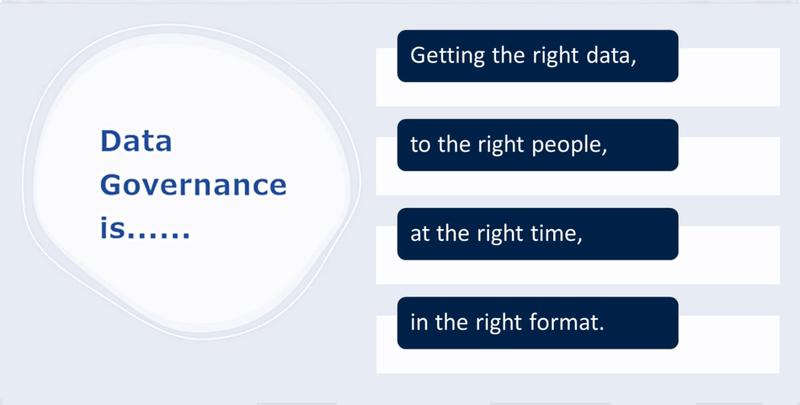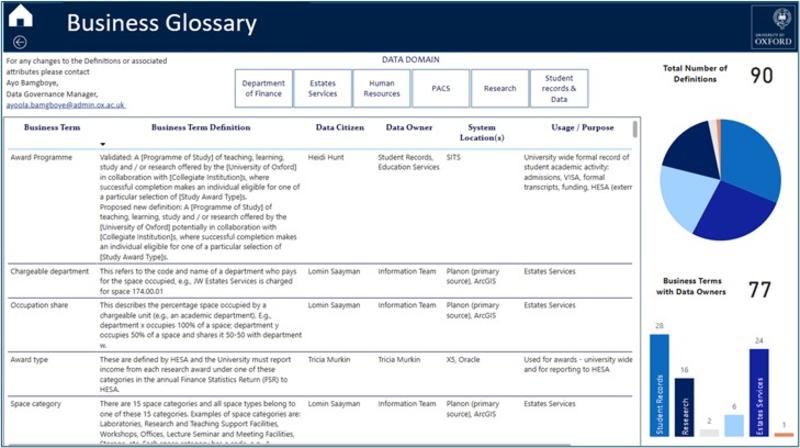The University has complex and interdependent data flows between its administrative data systems with many teams involved through the lifecycle of those data. The data include:
- finance data
- student data
- staff data
- estates data
- research administrative data
- development and alumni relations data
See the Report and Data Library for guidance on how to access these data and the reports associated with them.
It is important to know who to involve when data issues are identified and to know what different teams can expect of each other.

A consistent model of roles and responsibilities for the quality of the University's administrative data is still maturing. The following groups have been established to take collective responsibility for driving good practice (as illustrated in the image above):
- Data Executive Group provides high level strategic direction and decision-making through:
- setting policy, accountability and responsibility for the University’s administrative data
- continually assessing the University's ability to meet external requirements and reducing risk (regulatory and statutory), whilst fully exploiting its data assets for decision-making and providing support for strategic objectives
- Data Governance Group oversees governance policies and ensures compliance through:
- ensuring that the Data Operating Model, and key data governance and quality activities, provide clarity for everyone who is working with their data, as an analyst, report-writer or consumer of that data
- facilitating greater accuracy, confidence, and efficiency in data reuse, reporting and decision-making
- Data subject matter experts create, use, store, define, manage or delete data in their work. They are responsible for:
- communicating Data Governance progress and challenges to Data Governance Team
- ensuring data integrity, security, and compliance with organisational policies and regulatory requirements
- implementing best practices, maintaining data quality, resolving data quality issues, and ensuring accurate and timely reporting
- facilitating collaboration between business and technical teams to enable effective data-driven decision-making
-
The Data Governance team carries out the following activities:
- establishing and enforcing policies, standards and frameworks to ensure data integrity, security and compliance across the organisation
- providing oversight, guidance, and collaboration with stakeholders to enhance data quality
- enabling effective data management and supporting strategic decision-making
This is supported by the Data Strategy Implementation Programme (DSIP).
In addition, the University's Data Assurance Group continues alongside these with a focus on assuring the University's external data returns.




